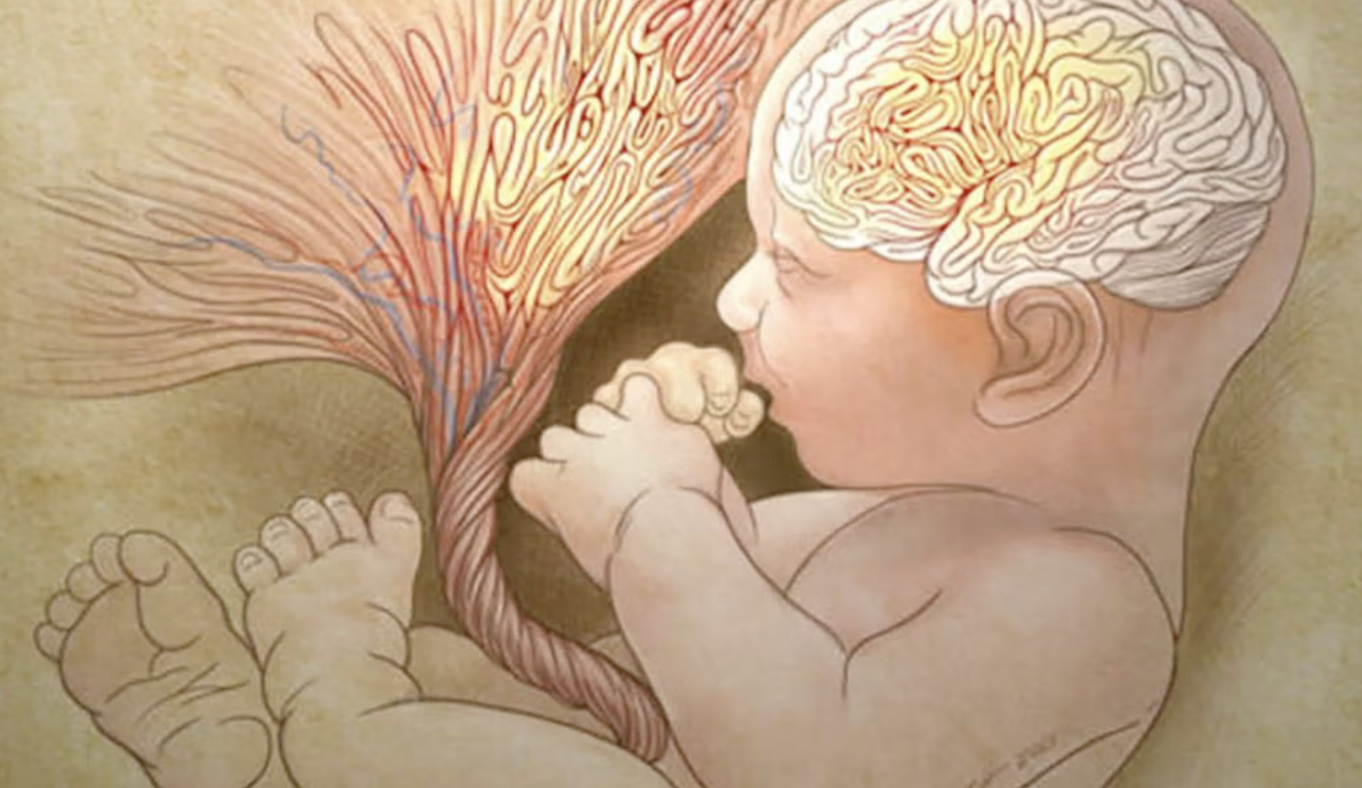How scientists use VR to understand infectious diseases – specifically the surprising way proximity to disease triggers our immune systems.
Filament Health announced a collaboration with University College London to provide its botanical psilocybin drug candidate, PEX010, for two Phase II research studies.
These trials, which have already been approved by the Medicines and Healthcare Products Regulatory Agency (MHRA), will investigate the impacts of the drug on the function, perception, and psychological well-being of the brain.
The first randomised controlled trial will assess the impact of the Digital Intervention for Psychedelic Preparation. This is a 21-day self-guided program that is designed to enhance therapeutic outcomes of psychedelic experiences.
The second study will investigate how low doses of psilocybin influence the perception of geometric hallucinations. Here’s more: https://www.filament.health/news/filament-health-announces-two-phase-2-research-trials-in-partnership-with-university-college-london
A new study published in Nature Neuroscience found that the human brain can trigger an immune response similar to an infection when we come into contact with sick people.
Using VR, researchers were able to show that potential contact with approaching infectious avatars were anticipated by multisensory-motor areas and activated the salience network. This is a specific brain network that responds to important stimuli in the environment. It plays an essential role in prioritizing information, guiding attention, and influencing emotional and motivational responses.
These new findings show that, before pathogen penetration, the brain can activate the immune system. Check it out: https://www.nature.com/articles/s41593-025-02008-y#Sec9
A new analysis published in the International Journal of Geriatric Psychiatry indicates that people suffering from dementia typically wait an average of 3.5 years after the onset of symptoms before getting properly diagnosed. And for early-onset dementia, the delay averages 4.1 years.
Lead author of the study, Dr Vasiliki Orgeta said that timely diagnosis of dementia remains a major global challenge, shaped by a complex set of factors, and that specific healthcare strategies are urgently needed to improve it. You can read the details of Dr. Orgeta’s analysis here: https://onlinelibrary.wiley.com/doi/10.1002/gps.70129
Did you know that mental illness can begin before birth?
A new study published in Nature Communications has found that genes linked to mental and neurodegenerative disorders, such as autism, depression, and Parkinson’s, begin influencing brain development during the earliest fetal stages. As well, these genes are actually active in neural stem cells long before symptoms arise.
According to the authors of this study, understanding the role of each gene in each disease can help develop targeted therapies that act on them, thereby opening up opportunities for gene therapy and personalized treatments. Here’s more: https://www.nature.com/articles/s41467-025-61316-w https://www.sciencedirect.com/science/article/pii/S0160412025004179?via%3Dihub
